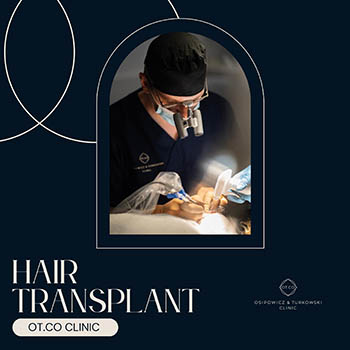TL;DR:
- Skin reflects overall health and can indicate stress, vitamin deficiencies, or diseases.
- Key skin care tips:
- Balanced diet with vegetables, fruits, and adequate hydration.
- Sufficient sleep for a radiant complexion.
- Avoid smoking and alcohol to prevent dull, aging skin.
- Wear appropriate clothing for weather protection (dryness in summer, tightness in winter).
- Skin care varies by age, gender, health, and life stages (e.g., teens, elderly, pregnancy).
- Common risks to skin:
- UV rays (accelerates aging, risks melanoma).
- Air conditioning (lowers humidity, dehydrates skin, overstimulates sebaceous glands).
- Maintaining skin health ensures better appearance and prolonged vitality.
Let's start at the beginning – the first topic will be the outermost part of our body, the skin. Why is it such an important organ?
Skin condition = body condition
It is said that the skin is the barometer of our health. Indeed, it is an organ that reflects the condition and health of the body. It is important to remember that changes in the skin can be the result of poor skin care, but they can also be a symptom of many diseases rolling over our body. It is the skin that is affected by stress, lack of vitamins or diseases of civilization.
How to take care of the skin?
Many people think that caring for the skin is limited to external care, that is, regular baths and possible care with creams and lotions. What else is important for the condition of our skin?
- Diet – balanced and rich in vegetables and fruits will not only be good for our mind, but also for the skin. It is also important to drink enough fluids.
- Sleep – sleep is the best medicine, including for our beauty. Getting enough sleep is a guarantee of radiant skin.
- Avoiding stimulants – cigarettes and alcohol make our complexion dull and dim, as well as aging much faster.
- Appropriate clothing – temperature has a big impact on the condition of our skin. In summer, the sun and wind expose the skin to dryness, while in winter, the skin can become tight and prickly if we don't properly protect it from the cold.
It is also worth mentioning that skin care depends on gender, age or the type of skin itself. Different care is required for the skin of chronically ill people, the elderly, young people, maturing teenagers or pregnant women.
Threats to the skin
The skin is exposed to a number of risks, the most common of which are:
- UV rays – accelerate skin aging and can lead to melanoma.
- Air conditioning – leads to a decrease in humidity, so our skin loses water and becomes less resistant to irritation, and the sebaceous glands in it begin to work more intensively.
The skin is an important organ. It is worth taking care to keep it in good condition for as long as possible. After all, it determines our appearance, that's what.
Conclusion
Healthy skin reflects a healthy body. Proper care goes far beyond lotions—it includes hydration, sleep, balanced nutrition, and avoiding harmful habits like smoking. Our skin faces daily risks, from UV rays to air conditioning, making protection crucial. By treating your skin with care and attention, you invest in both your health and confidence. Your skin isn't just a barrier; it’s a map of your well-being. Respect it, and it will reward you.






